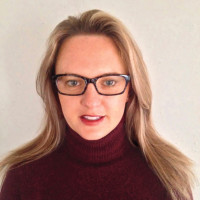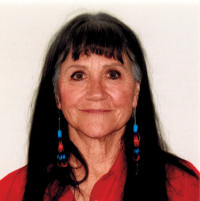Two Colorado advocates have been recognized for their unwavering efforts to support the cancer community.
The 2025 Cancer Health 25: A Salute to Patient Advocates recognized Andrea (Andi) Dwyer and Linda Burhansstipanov, who were among 25 people nation-wide applauded for their efforts supporting patient navigation and ensuring patients get the care they need. Read more about them below:
 Andrea Dwyer, MPH
Andrea Dwyer, MPH
Denver, CO
As chair of the American Cancer Society’s Patient Navigation Roundtable and a trustee of the Academy of Oncology Nurse and Patient Navigators, Andrea Dwyer, MPH, is a driving force in the movement to make navigation available to every person with cancer who needs it. Her research demonstrates that navigation improves patient outcomes. While pilot navigation programs often rely on grants and volunteers and may be vulnerable to budget cuts, Dwyer’s research supports sustainable reimbursement systems, including fair wages for full-time navigators. As director of the Colorado Cancer Screening Program at the University of Colorado Cancer Center and adviser to Fight Colorectal Cancer, she is also a leader in cancer screening and prevention.
 Linda Burhansstipanov, DrPH
Linda Burhansstipanov, DrPH
Pine, CO
When Linda Burhansstipanov, DrPH, a Cherokee woman who’d been working in public health and teaching at universities since 1971, started researching cancer at the National Institutes of Health in 1989, the Indian Health Service’s lone oncologist was based in Alaska. Burhansstipanov’s research demonstrated that her Native brothers and sisters were being diagnosed late, getting inadequate care and dying young of cancer. But medical resources were scarce. So she founded Native American Cancer Initiatives. The national grassroots model trains nonmedical and medical oncology patient navigators to build trust and help American Indians and Alaskan Natives overcome the obstacles that interfere with prevention, early screening and treatment.
From the article:
“No one should face cancer alone. Obviously, researchers and physicians are necessary to diagnose and treat the illness, and oncology nurses and navigators can guide people through the continuum of care. But that’s just one element of need.
Luckily, a vast range of skilled and dedicated patient advocates can provide support to people with cancer and their loved ones. They raise funds and awareness, build programs and communities, share information, schedule appointments, host Zoom calls, fight legal battles, offer grants, locate clinical trials, drive folks to appointments, cook meals and much, much more.”